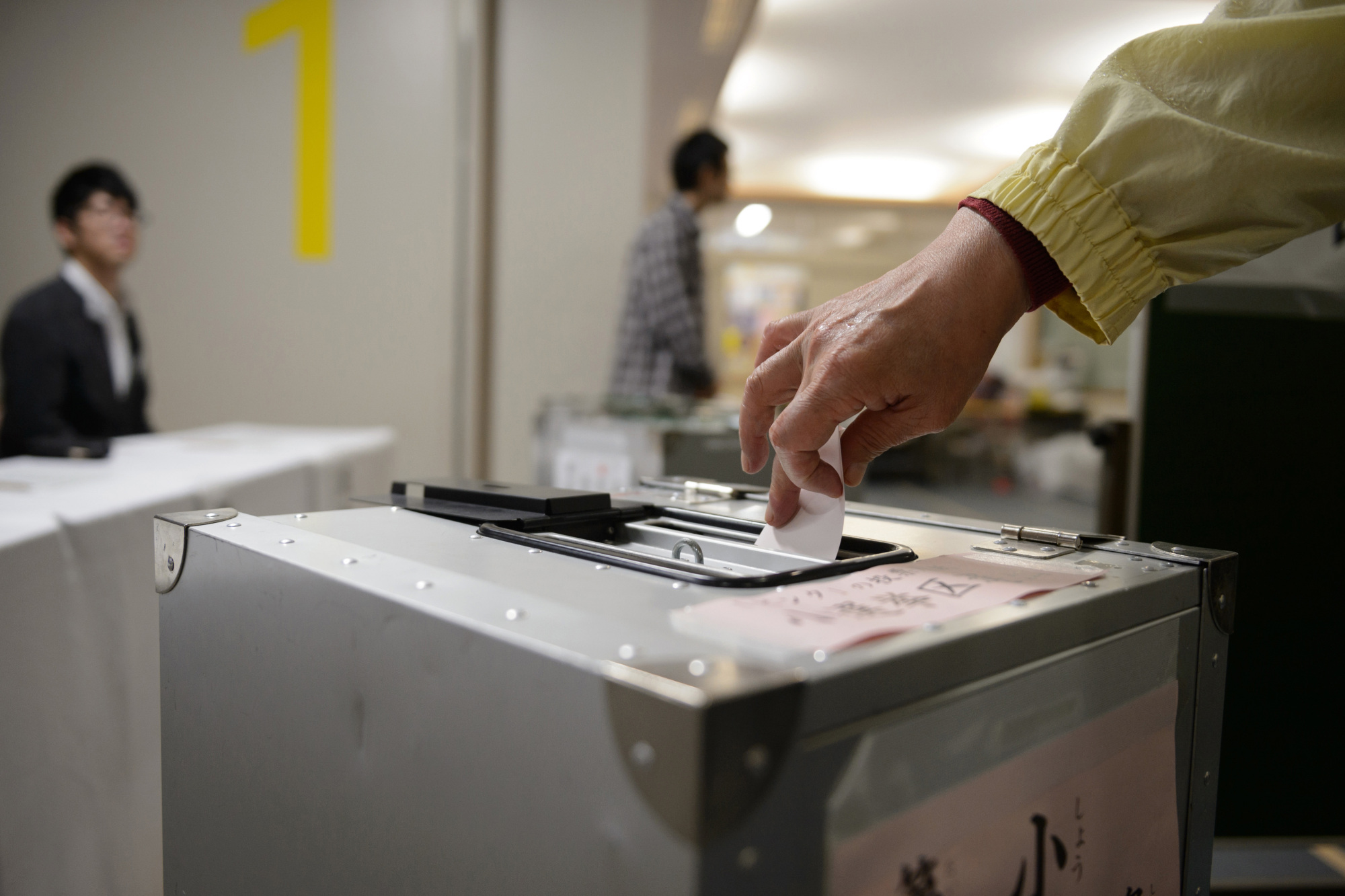Through the Upper House election in July and the recent Cabinet reshuffle, the administration of Prime Minister Shinzo Abe has maintained robust popular approval ratings. Abe will soon become the nation's longest-serving prime minister. The reason why Japan's political landscape is so stable compared with other advanced democracies is because the ruling Liberal Democratic Party is the only party that can offer consistent policies on national security and the alliance with the United States, which is a top priority for a majority of citizens.
Given that the opposition forces are still trying to demolish security legislation that was enacted in 2015, they cannot possibly raise people's expectations like the Democratic Party of Japan did in 2009.
The fact that Abe's grip on power is airtight doesn't mean that the recent Upper House election lacked drama. Much of it came from within the opposition parties, which are divided and weak. The largest opposition force, the Constitutional Democratic Party of Japan, marginally increased its strength but still holds less than one-third as many seats in the Upper House as the LDP. Much of the momentum it gained during the last Lower House election in 2017 has evaporated.


















With your current subscription plan you can comment on stories. However, before writing your first comment, please create a display name in the Profile section of your subscriber account page.